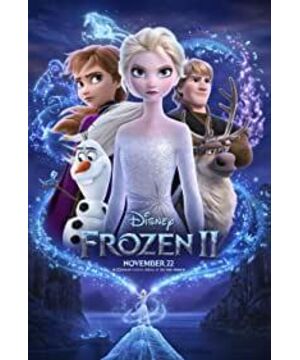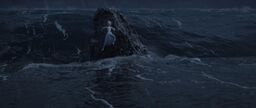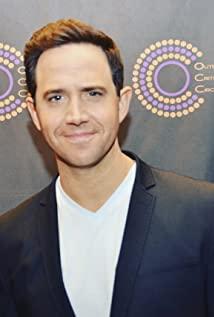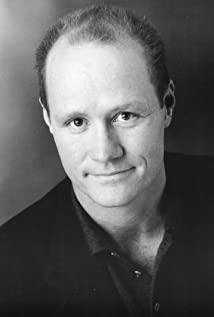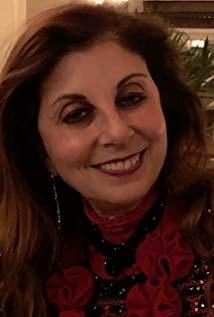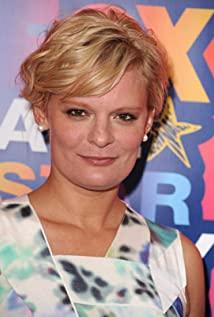Elsa's response to the distant voice is a myth of her own identity. I always thought Elsa was a tragic figure. There is so much responsibility on her, the queen of Arendelle, the fairy with magic. So much so that it takes so much struggle to trace the origin of oneself.
If it weren't for the devastating signs of the Four Elements in the country, she would have been more tangled in the process of finding the source.
Water has a memory, this setting is a bit lazy. After all, the people who know the truth are gone, so they can only rely on video playback. But water is one of the four elements, it says you believe it? He still wants to drown you before taming it.
Is the ending a happy ending? The last Elsa became the queen of Arendelle because of responsibility, and this Elsa stayed in the enchanted forest because of fate. Maybe Elsa is okay, but it's all fate. Apparently Elsa didn't think my fate was in my hands.
The following is a high (nonsense) time, looking at the philosophy of life from fairy tales.
1. Harm comes from fear: Kings build dams and kill leaders, all of which are magical powers of fear. What fear brings is not passive escape, but active harm. There are many such examples in reality, and the perpetrators are often cowards who seem bold.
2. God will give the people great responsibility: Elsa was born with magic, but no one tells you why. You need to find it yourself, and the wind, fire, water and soil will find your fault along the way. You need to tame everything to get to the end. Even if you are gifted and born different, success is not easy.
Elsa, the big heroine, is very good at serving the Tao. When she came back to find Anna on a water demon at the end, I doubted that the first thing Anna said would be, why didn't you call me when you went to buy new clothes. In addition, there are a lot of songs, but there is no amazing work like Let it Go, which is obviously a little tired.
View more about Frozen II reviews


